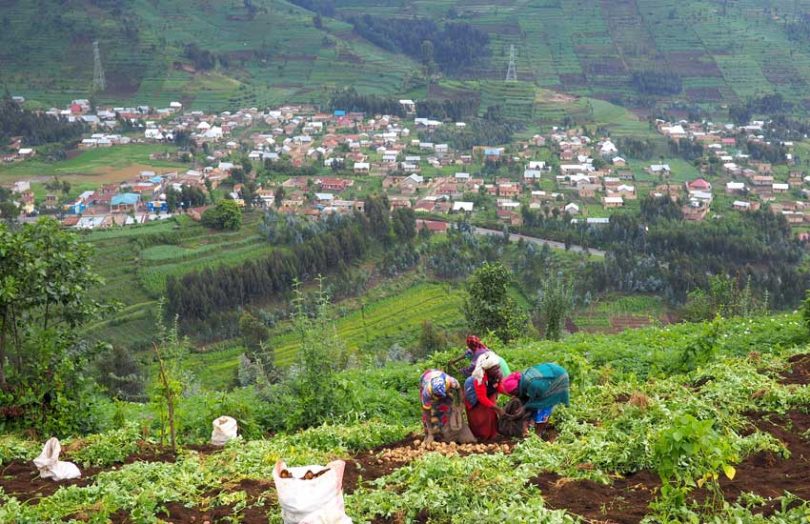Medici Land Governance (MLG) has partnered with the Government of Rwanda to pilot a project that aims to make land transfers a paperless process. For the pilot, MLG has built a land transaction platform on blockchain called Ubutaka, which will be integrated with Rwanda’s existing land registry infrastructure.
Inefficient and inaccurate land registry systems are a common challenge in many developing countries. The loss of paperwork often prevents land owners from proving ownership, making people hesitant to invest in developing properties. Additionally, the lack of standardization and auditing in land management leaves the door open to corruption and fraud.
MLG has projects in several countries such as Mexico and Liberia to address these challenges through blockchain. The idea is that by creating an unforgeable system where land owners can prove ownership of their properties, there will be a greater incentive for investment and development in real estate.
In Rwanda’s case, the country has a clear land governance strategy that includes the Land Tenure Regularization Program, the Land Administration Information System (LAIS), and Irembo, a platform for landowners to initiate land transfers.
The pilot project with MLG is looking to further enhance the system and make it more efficient, secure, and less time-consuming. It will be carried out in the Gasabo District and last three months, at which point MLG and Rwanda’s Government will discuss scaling up the technology across other districts and types of transfers.
For the pilot, landowners can initiate voluntary sales through the Irembo platform, which will transfer the data entered to Ubutaka. Officials in Gasabo will then verify sellers and buyers’ identities through Ubutaka by comparing uploaded photos of buyers and sellers with the National Identification Agency Database. Signatures and fingerprints of both parties involved in the transaction will also be collected by a notary who digitally signs them using Public Key Infrastructure (PKI) to prevent double selling. The data is encrypted to ensure the privacy of citizens.
All digital documents are then transferred to LAIS, where they are reviewed, and if approved, signed off using PKI. The final part of the process involves publishing digital proofs to a public blockchain.
One issue with blockchain use in land registry is that while the data can’t be changed, there is no guarantee that the information was not previously forged. Because the data is immutable, auditing is an essential step to ensure the benefits of blockchain.
Meanwhile, the UN is working on a blockchain-based land registry solution for urban cities in Afghanistan. Last year, American startup Propy completed a blockchain trial for real estate transactions in Vermont, and South Africa and India have worked on property registry pilots over two years ago.






